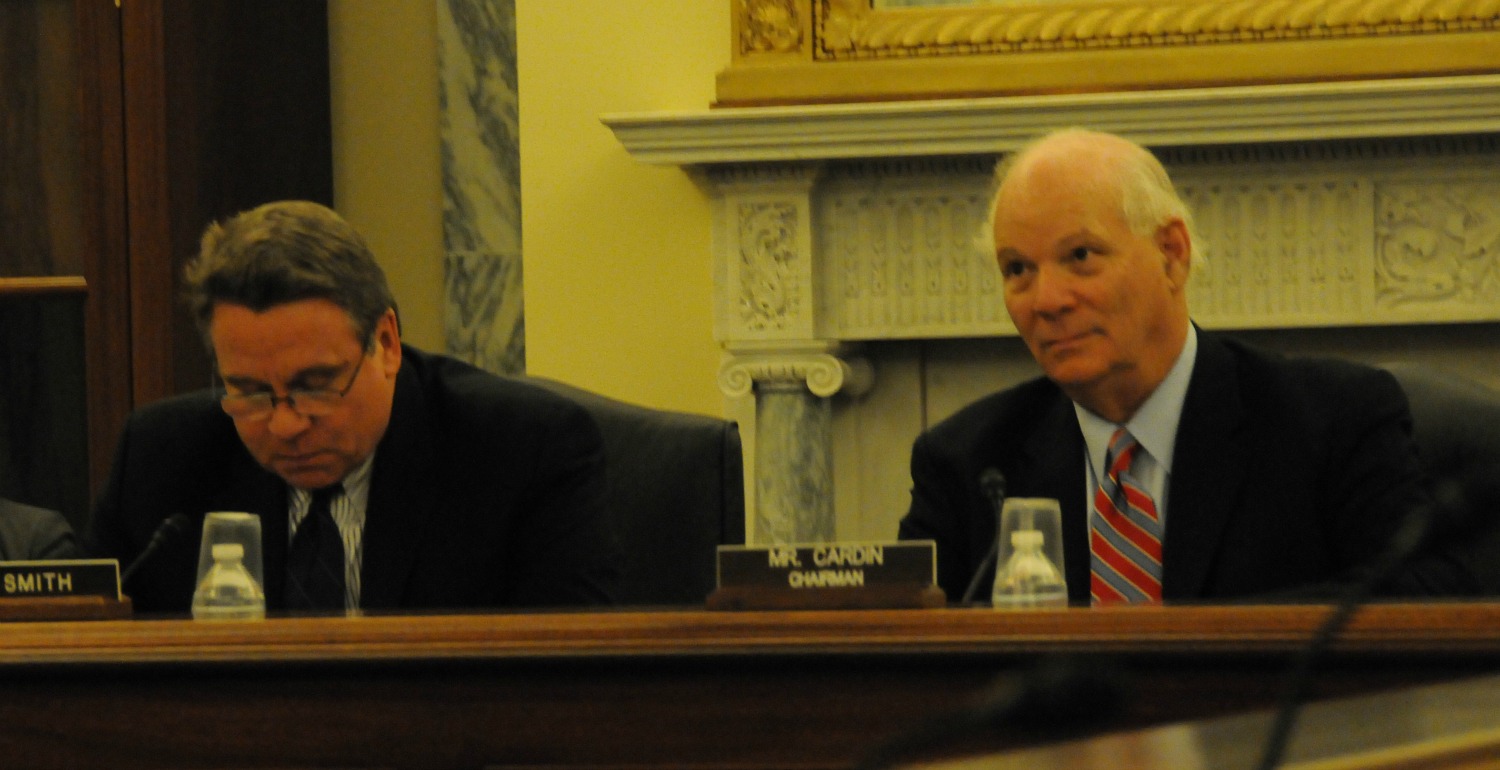Twenty years ago, the establishment of democratically elected governments in Central and East Europe gave many hope that at long last, the world would be able to deal with property restitution issues left over from the Nazi era and World War II. With democratically elected governments, the issues could be addressed in a more open and transparent way, bringing justice to people who had waited a long time in regards to property that was wrongfully taken.
From June 26-30, 2009, the government of the Czech Republic hosted a Conference on Holocaust Era Assets in Prague. Representatives of 46 states participated along with numerous nongovernmental organizations, scholars, and Holocaust survivors. (The Department of State’s Office of Holocaust Issues played an important role in encouraging the Czechs to host this event.)
The United States was represented by Ambassador Stuart Eizenstat, who previously led the negotiations for the United States with the Swiss, German, Austrian, and French private sectors and their governments on Holocaust-era bank accounts, slave and forced labor, unpaid insurance policies, immovable property, and the restitution of or compensation for stolen communal and private property.










